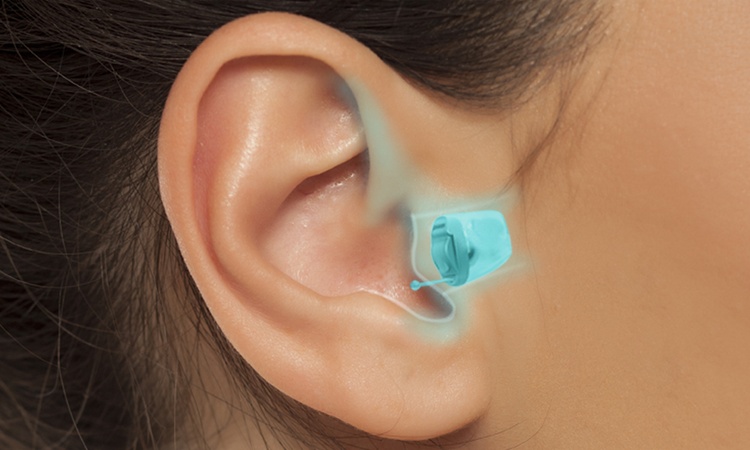Unveiling the Therapeutic Wonders of Music: A New Rhythm in Health and Wellness
Music, the universal language of emotions, has been an integral part of human culture since time immemorial. The power of music to soothe, inspire, and uplift is well-known, but modern science is now revealing that it can do much more. Recent research suggests that music has profound therapeutic benefits, from managing mental health disorders to enhancing physical healing. It’s time to delve into this fascinating sphere of health and wellness.

A Symphony in History: The Healing Power of Music
The idea of music as a form of therapy is not new. The Ancient Greeks believed in the “Music of the Spheres,” where the harmony in music reflected the harmony of the universe. Fast forward to modern times, the World War II era witnessed the use of music in hospitals to alleviate soldiers’ physical and emotional trauma. The profound impact led to the establishment of music therapy as a respected therapeutic discipline, and the research has only grown since then.
The Melodious Science: Understanding How Music Heals
Music affects the brain in unique ways. It activates numerous areas, including those responsible for emotions, memory, and physical movement. This broad engagement is why music can have such a wide range of therapeutic effects.
Research shows that music can reduce anxiety and stress by decreasing cortisol levels, the body’s primary stress hormone. It can also stimulate the release of dopamine, the ‘feel-good’ hormone, creating feelings of pleasure and reward.
The Harmonious Health Trends: Music Therapy in Practice
Today, music therapy is not a fringe treatment but an acknowledged part of many comprehensive treatment plans. It’s being used in various settings, from hospitals and rehabilitation centers to schools and nursing homes.
Music therapy can help manage numerous health conditions. For instance, for patients with Alzheimer’s disease, familiar songs can stimulate memories, reducing confusion and agitation. For stroke survivors, music therapy can improve motor skills, speech, and emotional well-being.
The Crescendo and the Diminuendo: Weighing the Benefits and Challenges
Music therapy offers numerous benefits— it’s non-invasive, has no known side effects, and can be tailored to individual preferences and needs. However, like any therapy, it’s not a cure-all. It works best as part of a multi-faceted treatment plan, and its effectiveness can vary based on personal factors like musical preference and receptivity to the therapy.
The challenge lies in the need for more large-scale, controlled studies to fully understand music therapy’s potential and limitations. However, the results so far are promising and encouraging.
Tuning into Health: Practical Tips and Fascinating Facts
-
Listening to slow-tempo music can help lower heart rate and blood pressure, making it a great stress management tool.
-
Singing, whether solo or in a choir, has been shown to boost mood, improve lung function, and strengthen the immune system.
-
Music therapy can be beneficial for premature infants, improving their feeding habits and weight gain.
-
Active engagement with music, such as playing an instrument, can enhance cognitive skills like memory and attention.
In conclusion, the therapeutic wonders of music present a unique approach to health and wellness. The harmonious blend of art and science in music therapy offers a fresh perspective in our understanding of healing. As we continue to explore this avenue, we may find ourselves tapping into the ancient wisdom that has long recognized music’s power to heal. As Plato once said, “Music gives a soul to the universe, wings to the mind, flight to the imagination, and life to everything.” Perhaps, it also gives a rhythm to health and wellness.




